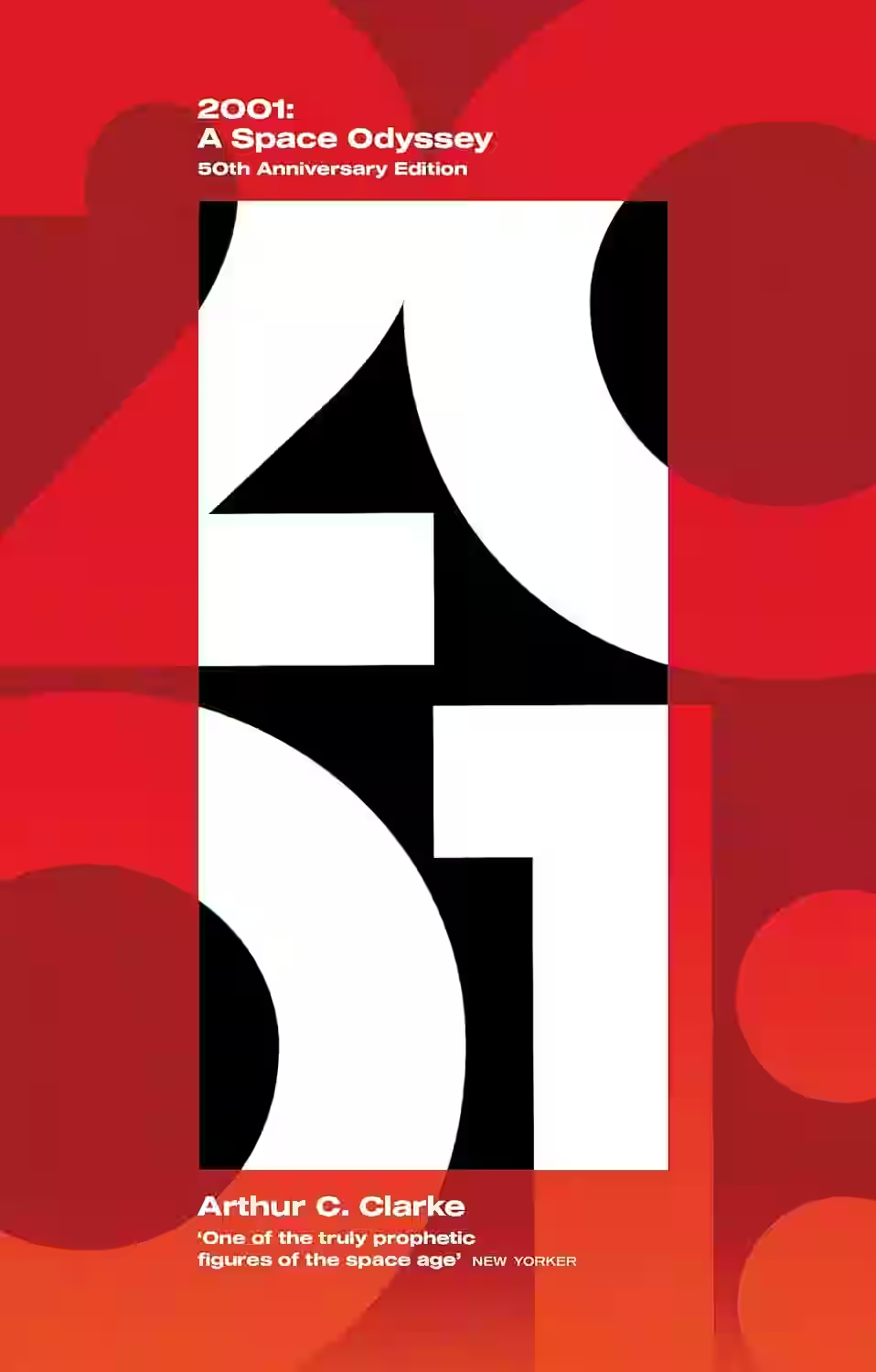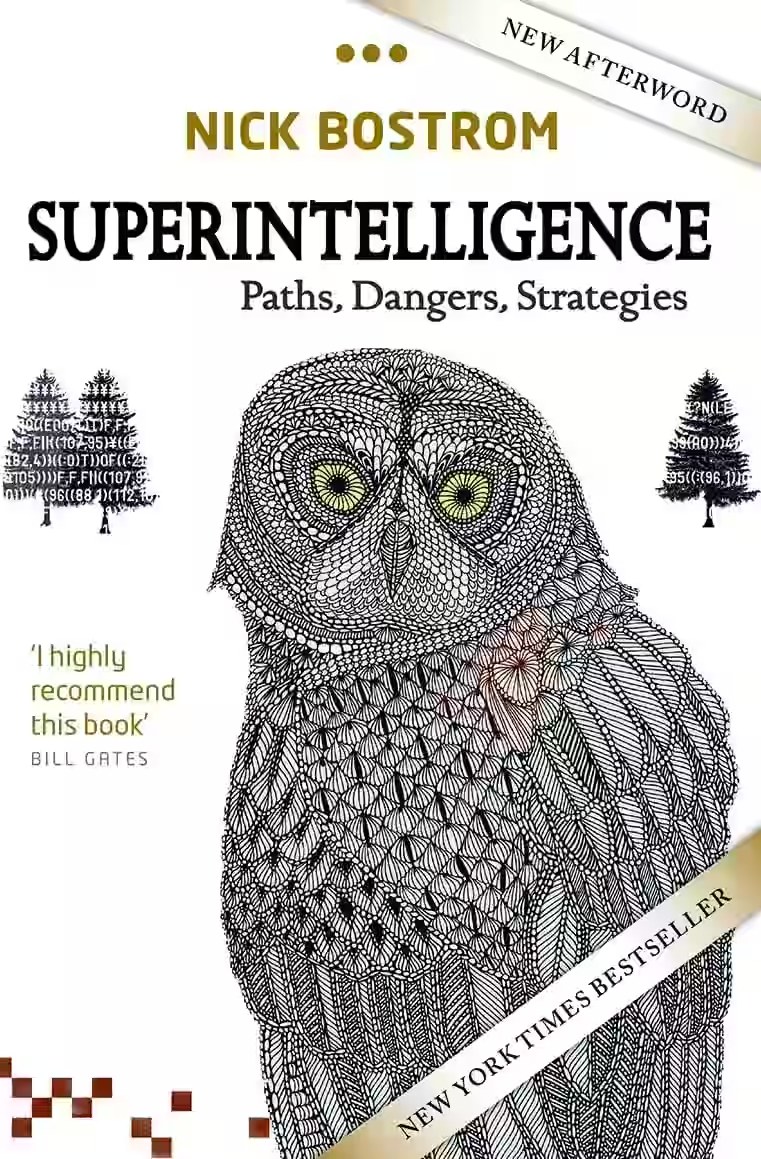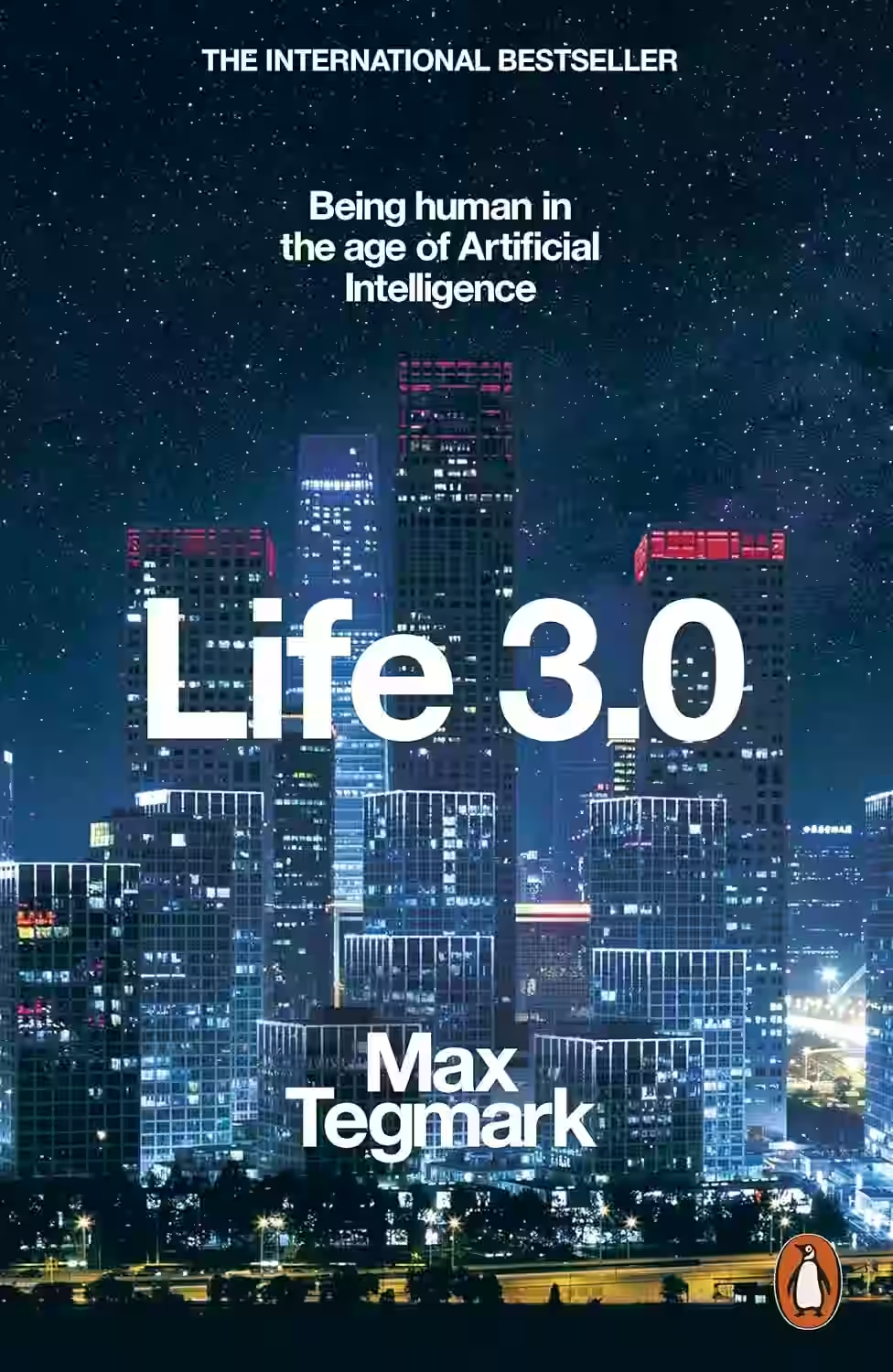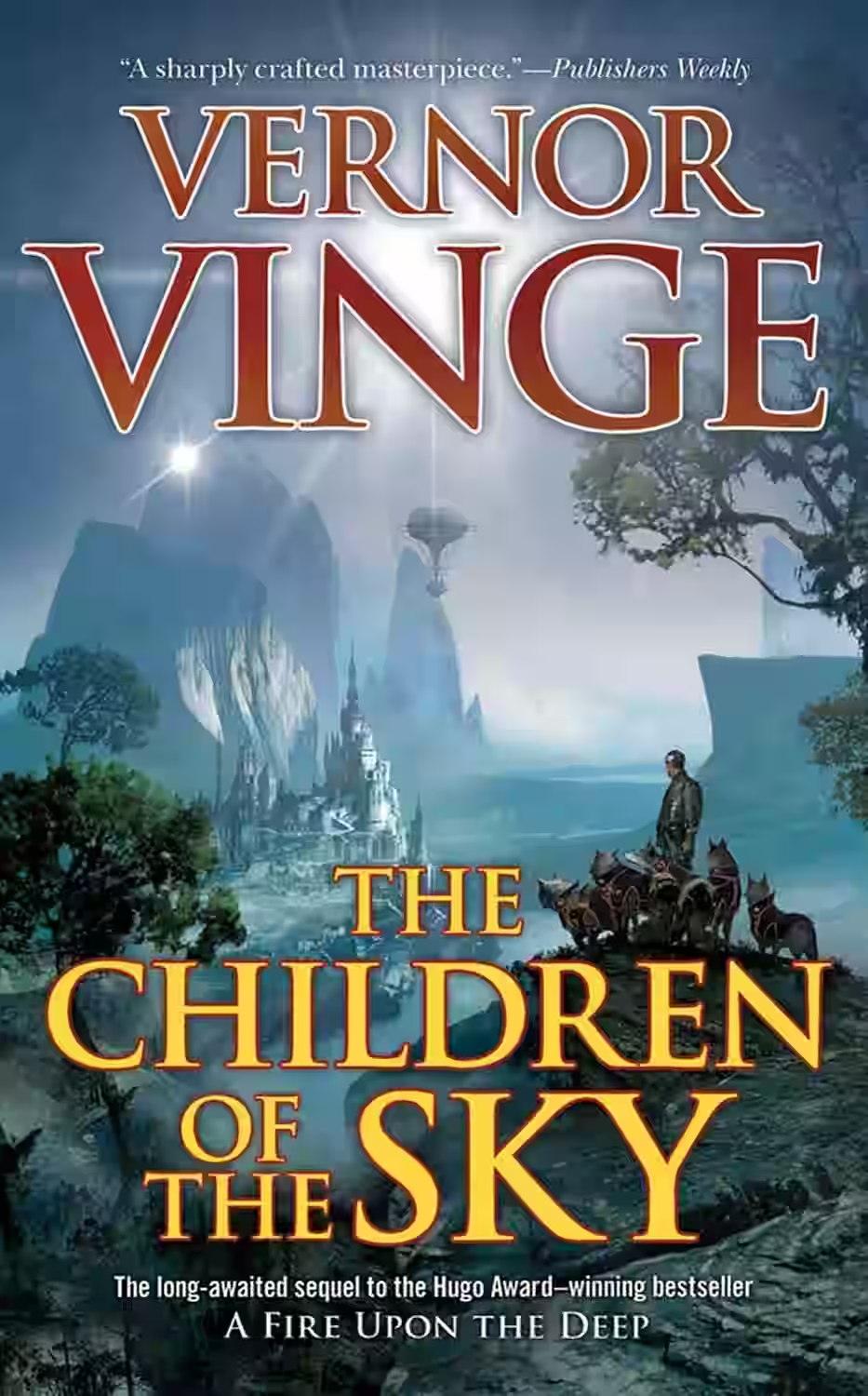Artificial Intelligence
The Artificial Intelligence genre explores the capabilities, ethics, and impact of intelligent machines and technology in futuristic settings, often delving into themes of consciousness, autonomy, and human-AI interactions.

2001: A Space Odyssey
Arthur C. Clarke's '2001: A Space Odyssey' is a groundbreaking science fiction masterpiece that explores themes of evolution, technology, and the existence of extraterrestrial life. The novel follows the journey of a crew on a space mission to investigate a mysterious, alien monolith that may hold the key to humanity's place in the universe. As they traverse the vast reaches of space, encountering the enigmatic computer HAL 9000, the crew grapples with questions of identity, consciousness, and the nature of intelligence. Clarke's visionary storytelling and scientific accuracy have cemented this novel as a classic of the genre, inspiring generations of readers and influencing countless works of science fiction.

Superintelligence: Paths, Dangers, Strategies
by Nick Bostrom
In 'Superintelligence: Paths, Dangers, Strategies' by Nick Bostrom, the author delves into the future scenarios where artificial intelligence surpasses human intelligence and the potential consequences and strategies to navigate this new era. Bostrom explores the paths that could lead to the emergence of superintelligent machines, the existential risks they might pose, and the ethical dilemmas surrounding their development. Through a meticulous examination of various disciplines, from philosophy to computer science, Bostrom presents a thought-provoking and comprehensive analysis of the implications of superintelligence. This book challenges readers to contemplate the profound impact of AI on our future.

Life 3.0: Being Human in the Age of Artificial Intelligence
by Max Tegmark
In Max Tegmark's insightful book 'Life 3.0: Being Human in the Age of Artificial Intelligence', readers are taken on a fascinating journey exploring the implications of Artificial Intelligence on humanity's future. Tegmark delves into thought-provoking questions about consciousness, ethics, and the socio-economic impacts of AI. Through engaging prose and thorough research, he presents various scenarios of how AI may shape the world and challenges readers to contemplate what it means to be human in a technologically advancing society. 'Life 3.0' offers a balanced view of the promises and perils AI brings, making it a compelling read for anyone interested in the intersection of technology and humanity.

The Children of the Sky
by Vernor Vinge
Series: Zones of Thought (#3)
In Vernor Vinge's 'The Children of the Sky,' readers are taken on a thrilling journey to a distant planet where humans struggle to survive among alien races with advanced technologies. Set in the same universe as Vinge's award-winning 'A Fire Upon the Deep,' the novel explores themes of survival, cooperation, and ethical dilemmas in a complex and vividly imagined world. As the humans navigate political intrigue and technological challenges, they must confront their own limitations and prejudices. Vinge delivers a thought-provoking narrative that keeps readers on the edge of their seats with its intricate plot and engaging characters.